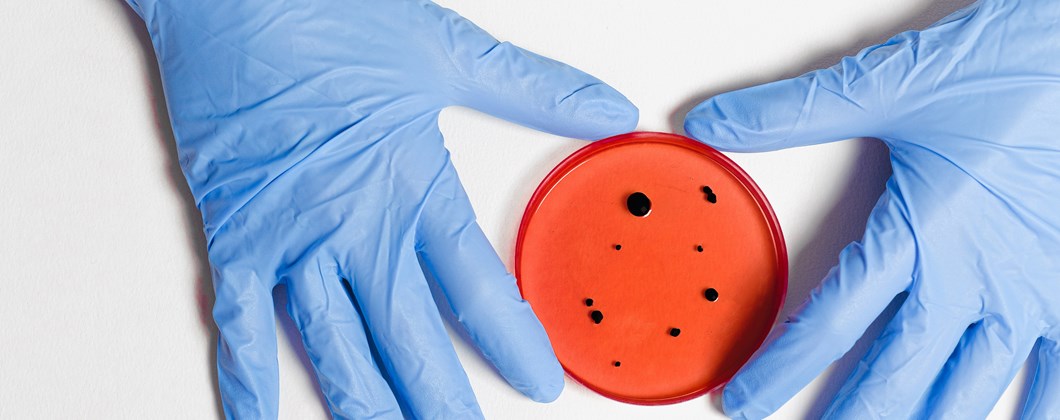Corona Virus Implications for Travel Insurance

You will have seen the recent news regarding the outbreak of the Coronavirus, with the situation changing quickly across the world. For up to date information and travel guidance from the Foreign and Commonwealth Office (FCO), please visit:
https://www.gov.uk/guidance/travel-advice-novel-coronavirus
Travel Insurance Cover
If you have a travel insurance policy, this usually covers medical expenses while travelling as well as cancellation, curtailment and/or rearrangement costs for travellers.
It's really important to note that most travel insurance providers will not provide cover for any trips booked to the specific areas mentioned in the FCO travel advice if they were booked after the guidance was published. With some insurers, even if the trip was booked ahead of the guidance being published, the insurer will pay for cancellation costs but will not cover you if you still decide to go on the trip.
We would advise that you should check most up to date travel advice (see the link above), and your travel policy wording to be clear on the cover before travelling or booking any new trips.
Business Travel Insurance
This is one of the most popular policies we can arrange for our commercial clients. Not only does it provide cover for you and any employees you might have when travelling for business purposes, but it also covers Director's personal leisure trips, extending to include their families.
About the Corona Virus
According to health experts, coronaviruses are common in animal species, and most don’t affect humans. As of now, only seven different coronaviruses are known to infect humans. In their lifetime, most people will be infected with at least one common human coronavirus.
How Can I Prevent Coronavirus Infection?
The most common cases of coronavirus typically occur in autumn and winter, but can happen at any time throughout the year. Unfortunately, there is not a vaccine that can protect you from human coronavirus infection. However, because human coronavirus is believed to be spread through person-to-person contact, the NHS recommends the following prevention strategies:
- Avoid all but essential travel to areas with a high risk of coronavirus.
- If you have returned from an area with a high risk of coronavirus in the last 14 days, stay indoors and avoid contact with other people. Contact NHS 111 to inform them of your recent travels.
- Avoid touching your eyes, nose or mouth with unwashed hands.
- Avoid contact with those who are sick.
- Wash your hands frequently with soap and water.
What are the Symptoms of Coronavirus?
Common coronaviruses typically cause mild to moderate upper-respiratory tract illness, and those affected exhibit flu-like symptoms. The most common symptoms include:
- Headache
- Cough
- Fever
- Sore throat
- Runny nose
Some cases of coronavirus can be more severe, and individuals experience more serious lower-respiratory tract illnesses like bronchitis and pneumonia. For the elderly, infants and those with weakened immune systems, coronavirus can be even more dangerous.
How is Coronavirus Diagnosed?
If you’re exhibiting coronavirus symptoms, you should stay indoors and contact NHS 111 immediately, especially if you’re experiencing symptoms and have travelled to countries where outbreaks have been reported. Do not go to a GP surgery, pharmacy or hospital. The NHS will likely conduct a lab test to detect coronavirus.
McGrady Insurance provide business and commercial insurance policies for a broad range of businesses. Get in touch with our commercial team to discuss your needs.
Email info@mcgradyinsurance.com
• McGrady Insurance Downpatrick: 028 4461 5933
*McGrady Insurance are members of the ABL Group of companies in Northern Ireland.
*Digney Grant are members of the ABL Group of companies in Northern Ireland.
